
Čím trpí česká krajina? A jak jí pomoci?
Pravidelné reflexe plenárního zasedání
Café Evropa | Prague Pride: Svoboda pod tlakem
Evropské čtvrtky ve Skauťáku!
Evropa jako úkol
EuroLens Journal #1: Bezpečnost Evropy v sázce
O Institutu EUROPEUM
EUROPEUM je nezávislý think-tank zaměřený na evropský integrační proces. Provádíme původní výzkum a organizujeme veřejné aktivity. Dále formulujeme nové myšlenky a doporučení ke zlepšení domácí a evropské politiky.
Události
Pořádáme pravidelné semináře, debaty, konference, workshopy a kulaté stoly zaměřené na aktuální evropská témata.
Projekty
Naše dlouhodobé projekty pomáhají zvyšovat povědomí o Evropské unii a posilují mezinárodní spolupráci.
Články
Náš výzkumný tým publikuje články reagující na témata spojená (nejen) s evropskou integrací.
Události
Pořádáme pravidelné semináře, debaty, konference, workshopy a kulaté stoly zaměřené na aktuální evropská témata.
Projekty
Naše dlouhodobé projekty pomáhají zvyšovat povědomí o Evropské unii a posilují mezinárodní spolupráci.
Články
Náš výzkumný tým publikuje články reagující na témata spojená (nejen) s evropskou integrací.
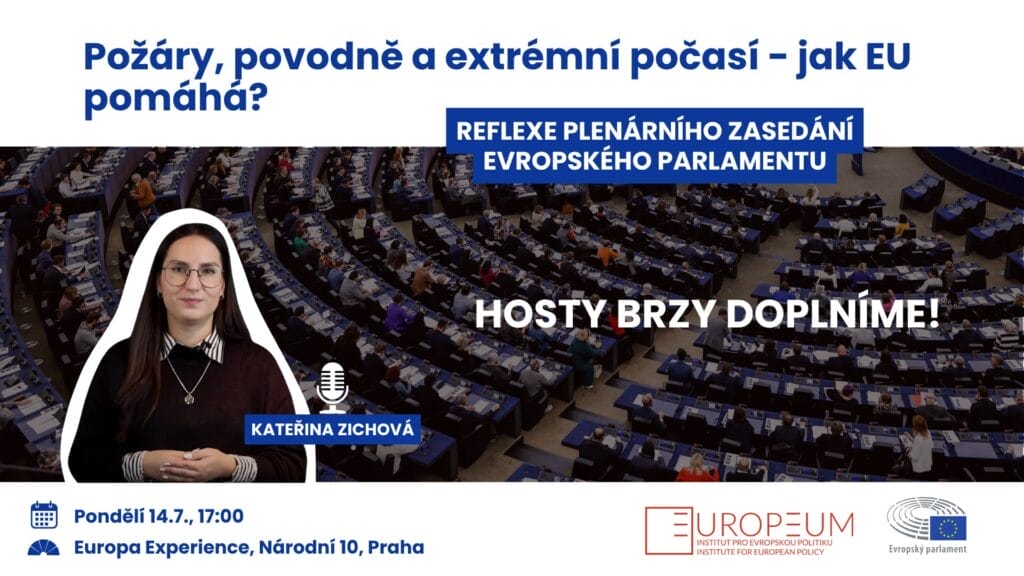

Veřejné natáčení podcastu Café Evropa na Prague Pride: Svoboda pod tlakem

Evropský čtvrtek u piva

Jak se promění evropsko-izraelské vztahy po úderech na Írán? Reflexe plenárního zasedání Evropského parlamentu
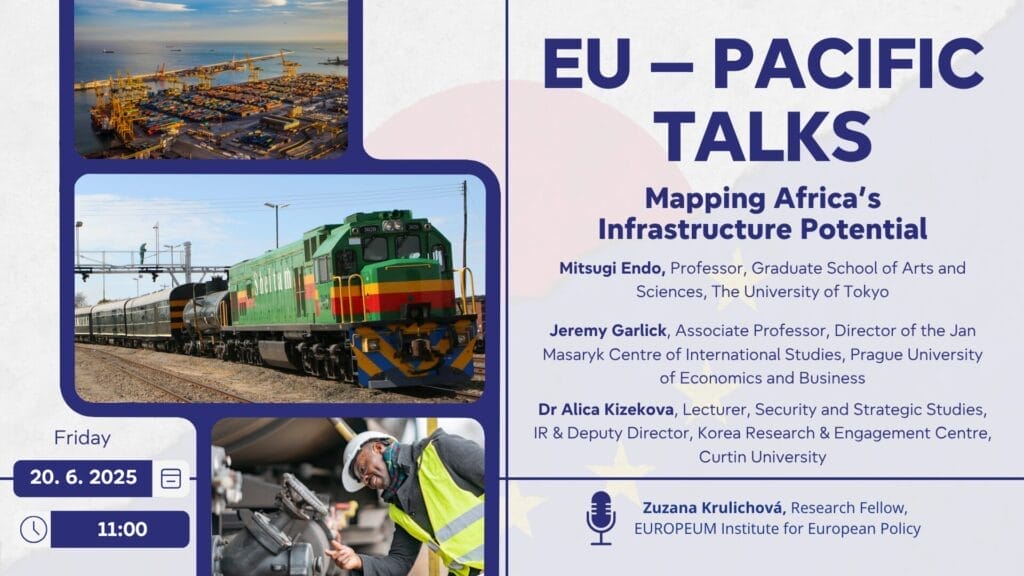
DEBATA | EU–Pacifik: Mapování potenciálu africké infrastruktury

REPORT: Prague Climate Academy – Město a vlny veder: veřejné zdraví
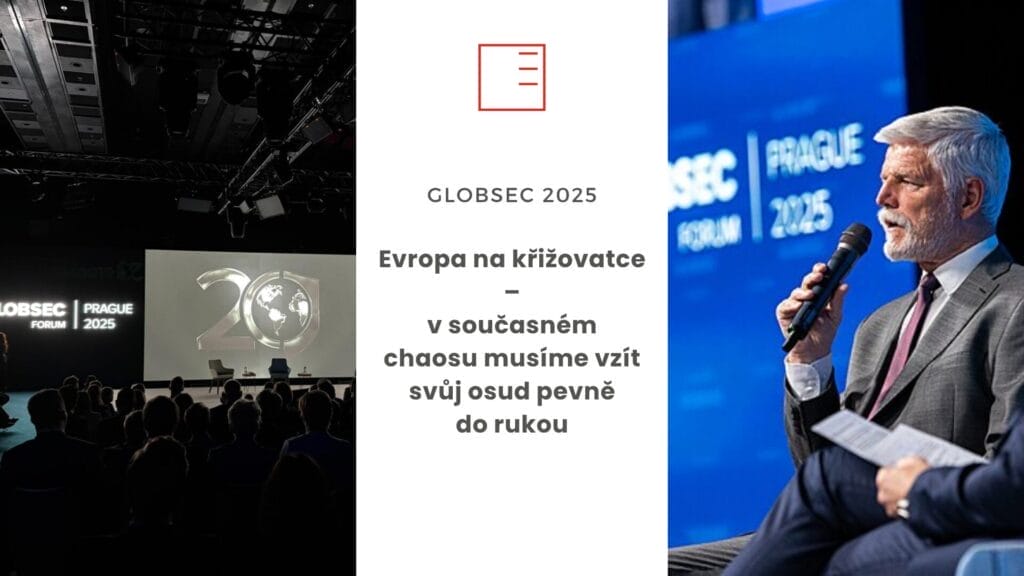
GLOBSEC 2025: Evropa na křižovatce – v současném chaosu musíme vzít svůj osud pevně do rukou
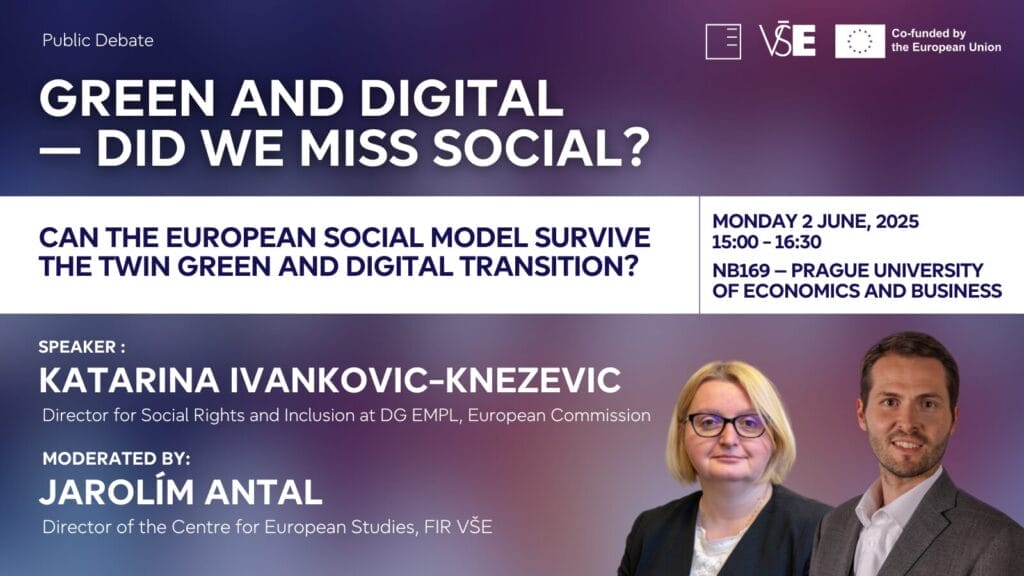
REPORT: Debata | Zelená a digitální — nepřehlédli jsme sociální oblast?
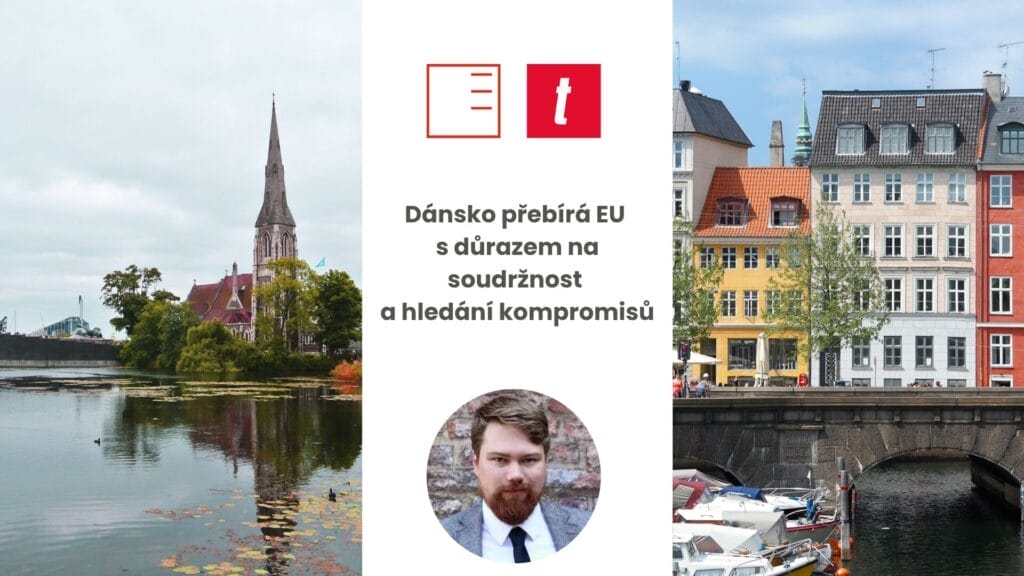
topky.sk | Dánsko přebírá EU s důrazem na soudržnost a hledání kompromisů
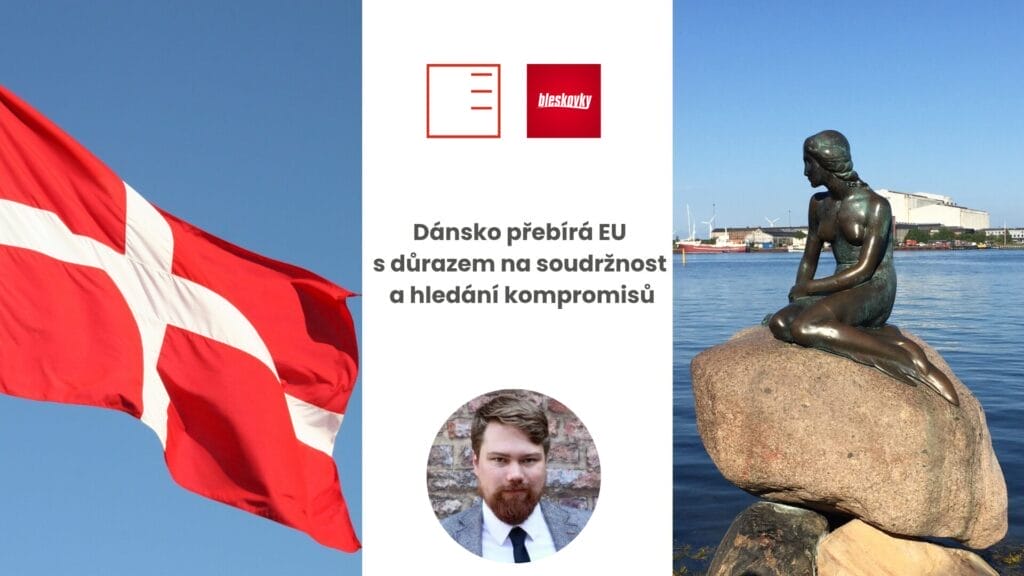
Bleskovky.sk | Dánsko přebírá EU s důrazem na soudržnost a hledání kompromisů
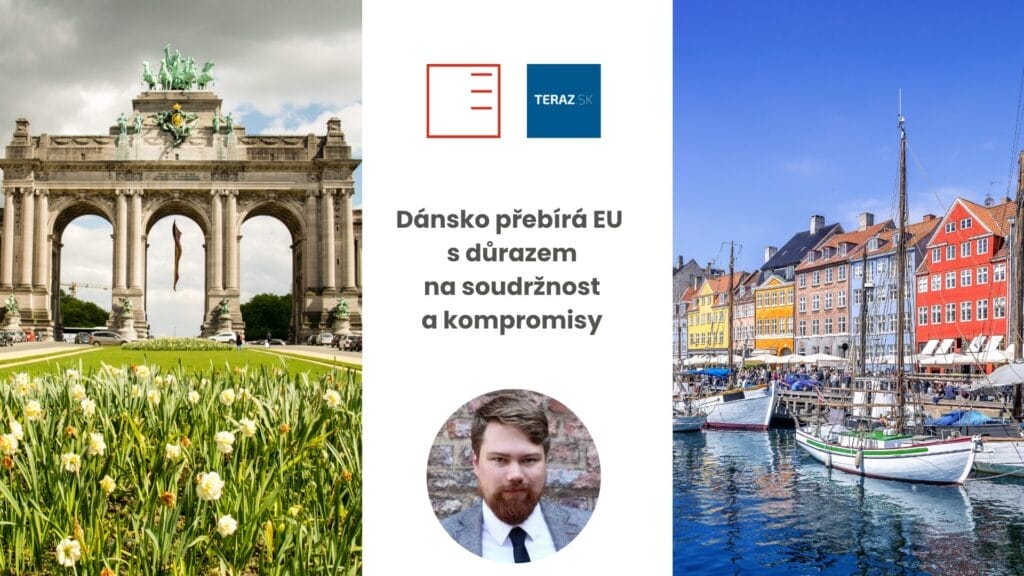
Teraz.sk | Dánsko přebírá EU s důrazem na soudržnost a kompromisy
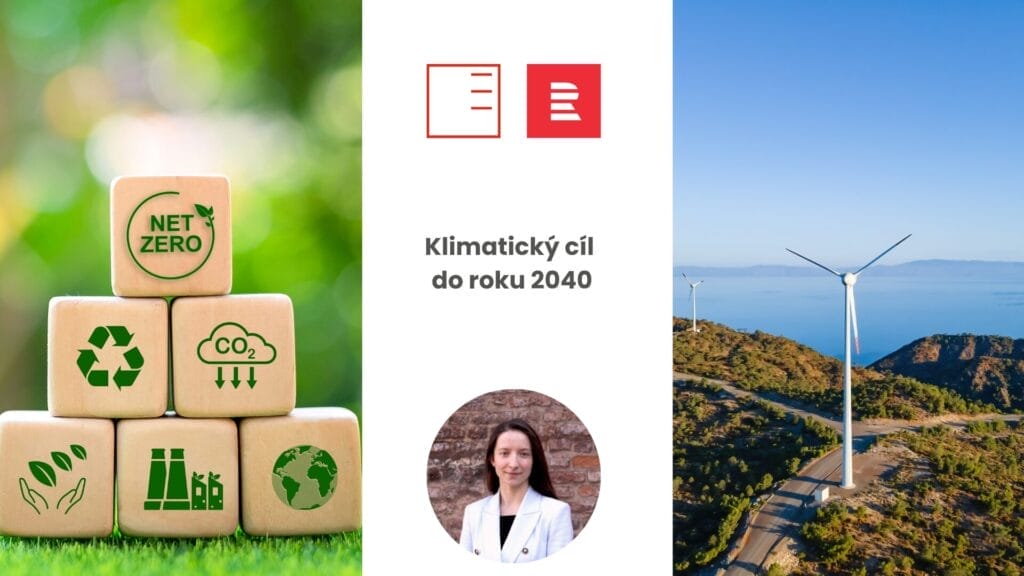
ČRo | Klimatický cíl do roku 2040
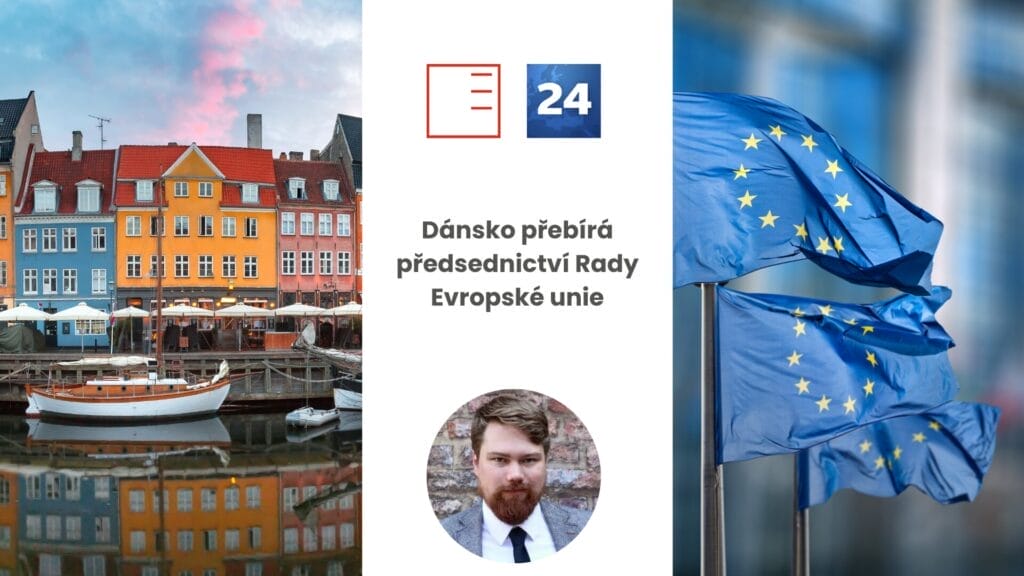
ČT24 | Dánsko přebírá předsednictví Rady Evropské unie
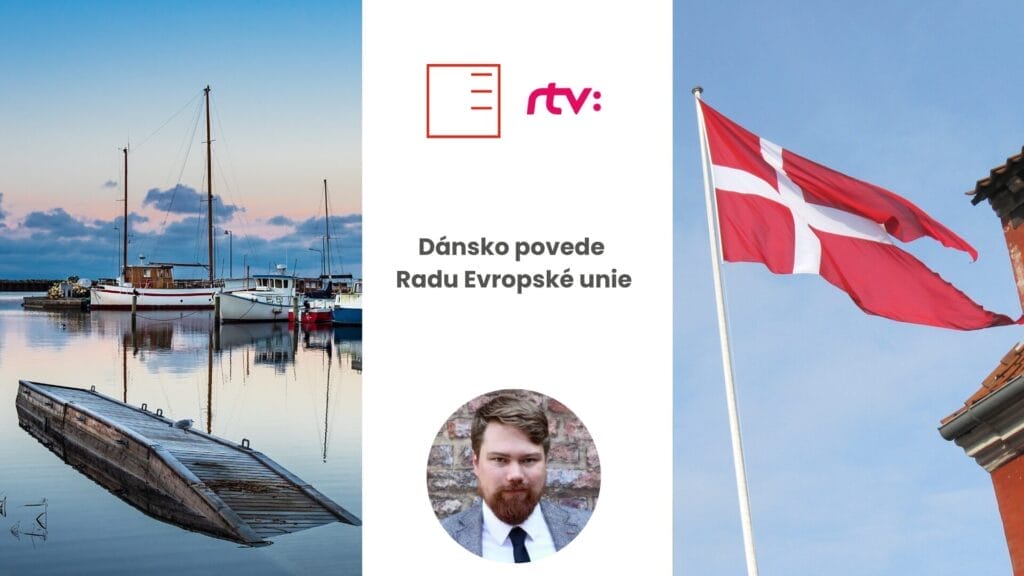
STVR | Dánsko povede Radu Evropské unie

JustGreen
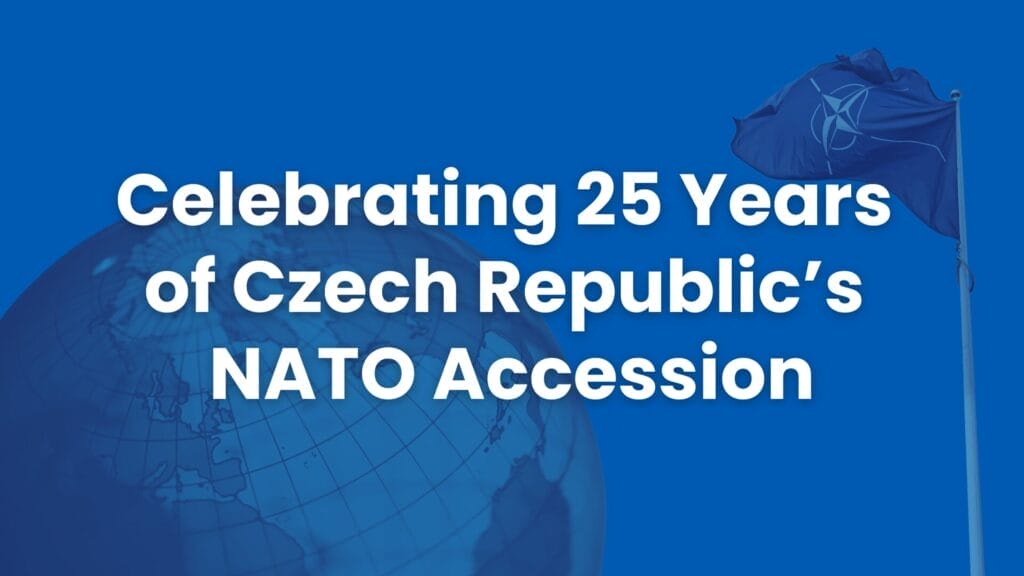
Celebrating 25 Years of Czech Republic’s NATO Accession

Pomoc nezávislým médiím a organizacím občanské společnosti při zajištění přístupu k spolehlivým informacím o Evropské unii a rozšíření EU na sociální média v Arménii.
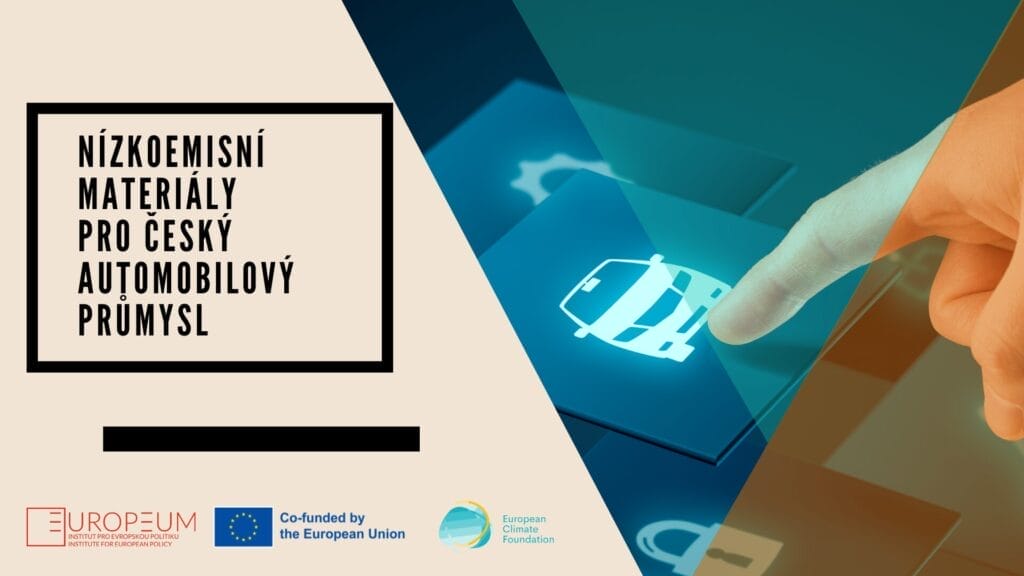
Nízkoemisní materiály pro český automobilový průmysl

Platform Revolution: utváření budoucnosti pro práci v EU a na západním Balkáně
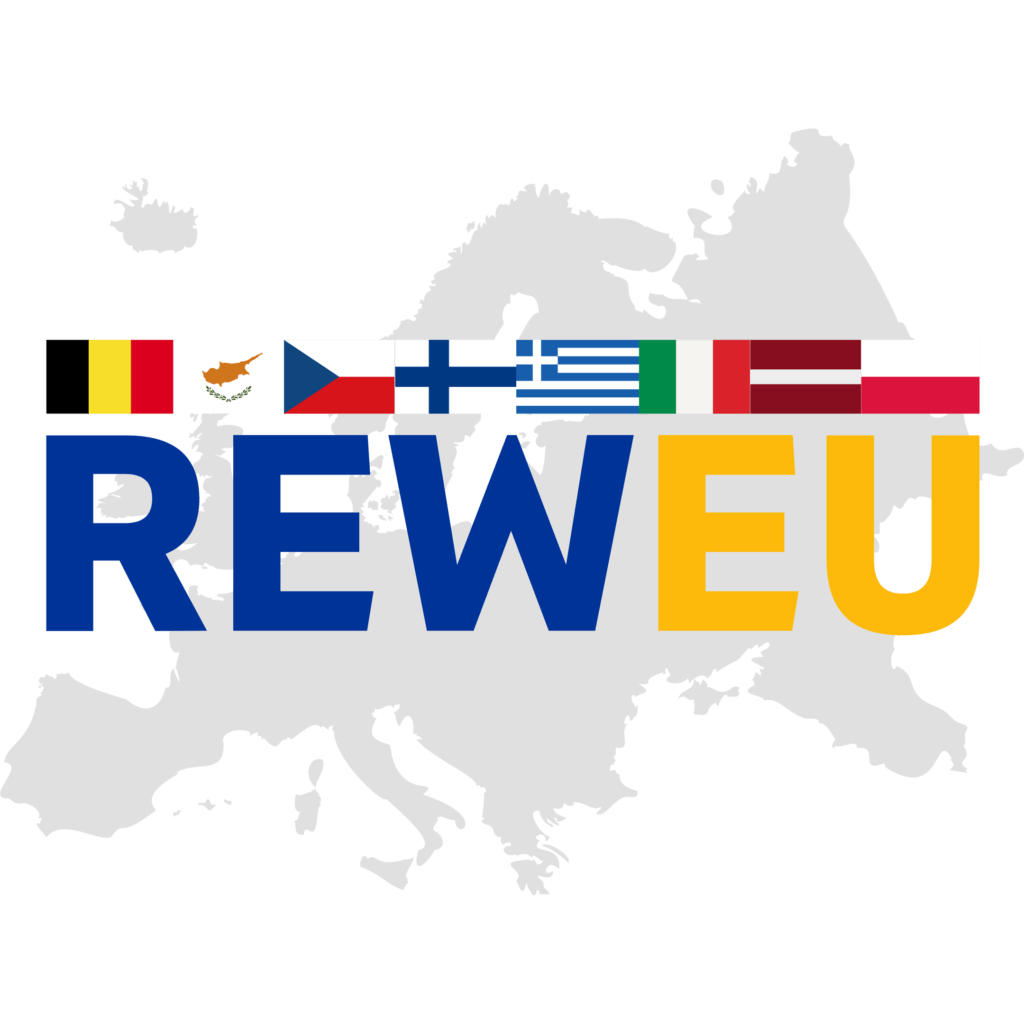
REWEU
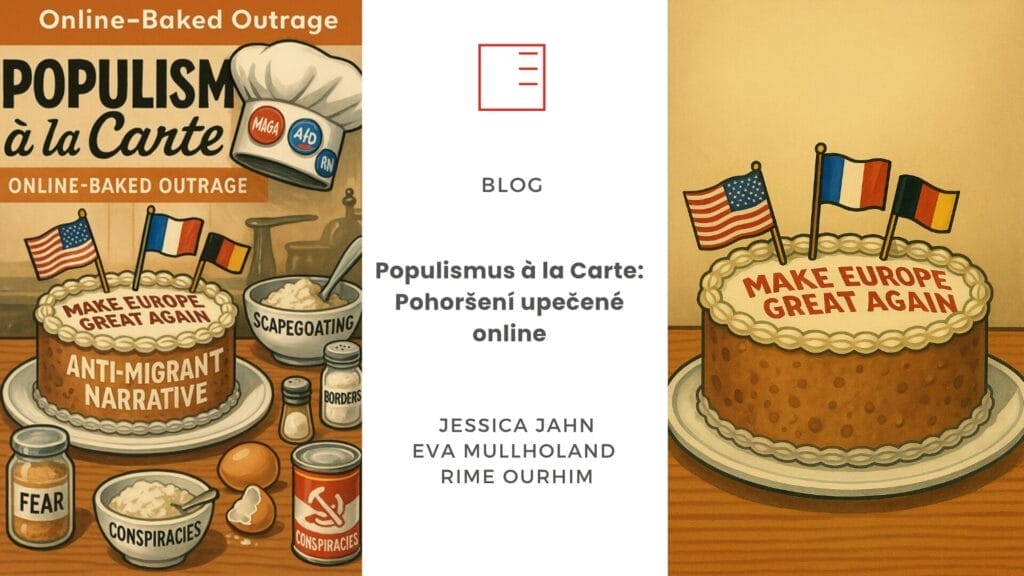
Blog | Populismus à la Carte: Pohoršení upečené online
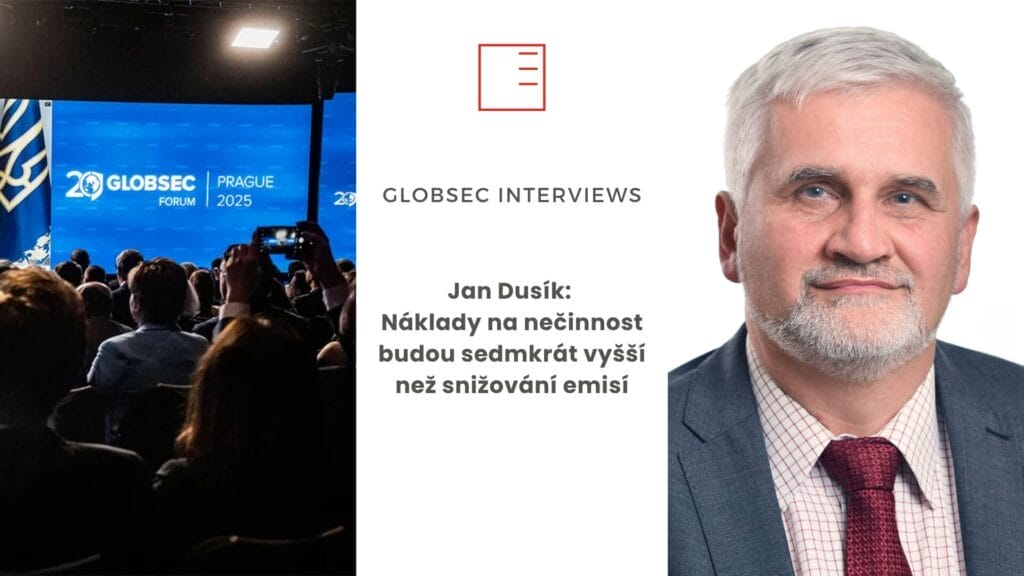
Rozhovory z Globsec | Jan Dusík: Náklady na nečinnost budou sedmkrát vyšší než snižování emisí
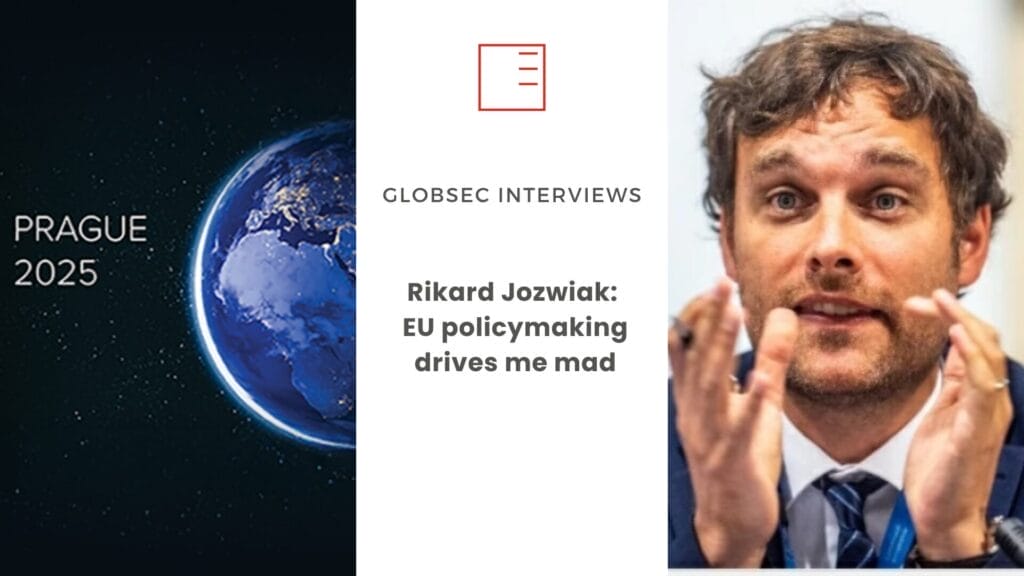
Rozhovory z Globsec | Rikard Jozwiak: Tvorba politiky EU mě přivádí k šílenství

ANALÝZA | MĚSTA ČELÍ VEDRU: Adaptace a připravenost na vlny veder v Evropě
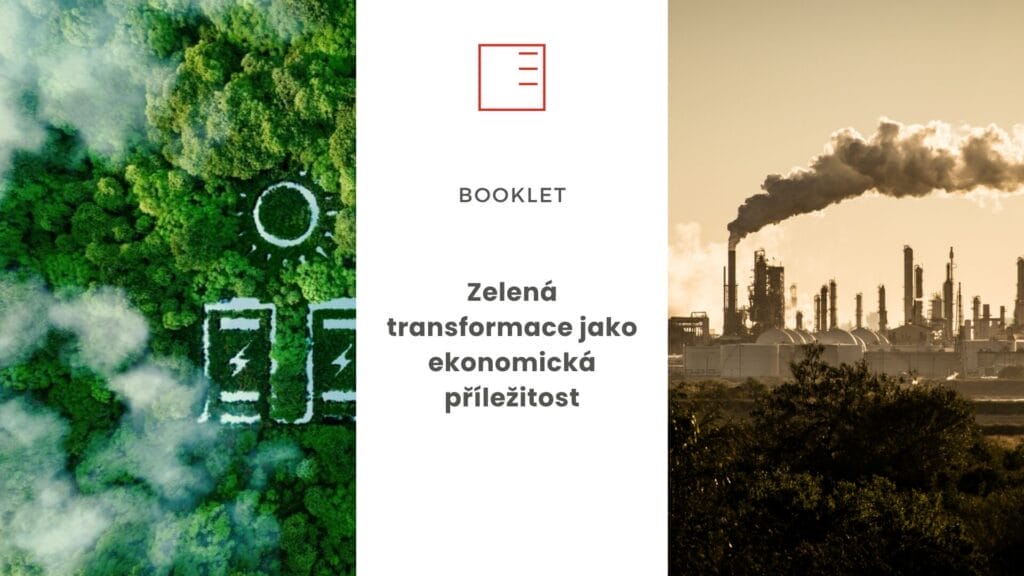
Brožura | Zelená transformace jako ekonomická příležitost

Policy Brief | Taktický přístup EU a „podmíněné zapojení“ vůči Číně v kontextu náročných transatlantických vztahů
Sledujte nás na X
Poslechněte si náš podcast
Napište nám
Můžete nás kontaktovat vyplněním formuláře níže, e-mailem, telefonicky nebo prostřednictvím sociálních médií.
110 00, Praha 1













